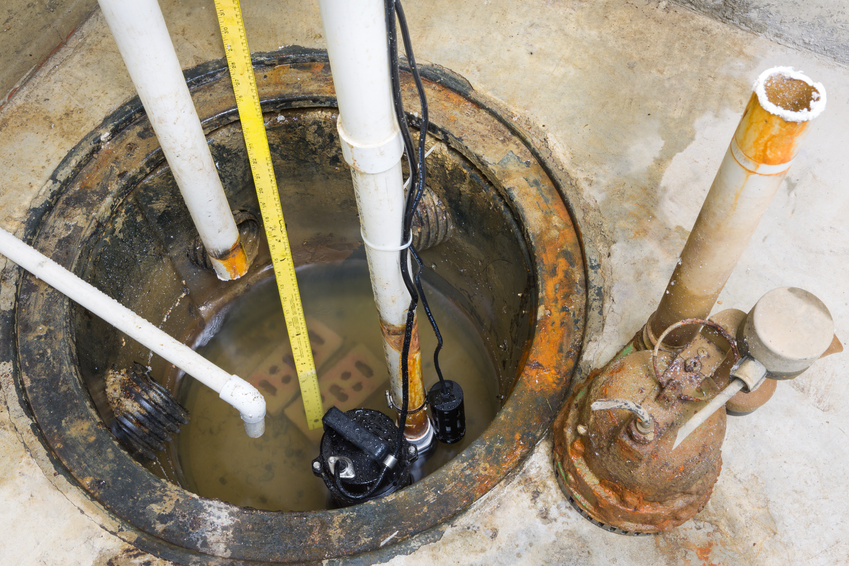Radon is a colorless, odorless gas that seeps its way into homes. It is the second leading cause of lung cancer. In fact, the risk of lung cancer increases by 16% per 100 Bq/m increase in average radon concentration. In order to combat this dangerous gas, we must first understand a few things. First and foremost, we need to understand how it gets into homes.
The following areas could let radon into your home:
- Cracks in concrete slabs
- Spaces behind brick veneer walls
- Cracks and pores in concrete blocks
- Floor-wall joints
- Exposed soil in a sump pump or crawl space
- Weeping drain tile
- Mortar joints
- Loose fitting pipe penetrations
- Open tops of block walls
- Building materials like rock, concrete, or brick
- Well water
Now that you know where radon could slip in, it’s important to understand your risk and test for radon. The Denver area is particularly susceptible to higher radon levels due to the rocky mountains. Radon rises up from the uranium-rich rock in these mountains, which means Denver residents need to be alert. If your radon levels are lower than the Environmental Protection Agency (EPA) standard, which is 4 pCi/L, then you have nothing to worry about. However, if radon levels are higher, you need to take immediate action. Here’s what you can do.
Sump Pump Installation Denver Co
Affordable Radon Colorado provides the sump pump installation Denver trusts. Radon can get into your home through your sump pump, but this problem can be taken care of. A radon mitigation system can be installed in a home with a sump pump, and this system helps reduce your home’s radon risk.
Seal other entry points
Aside from sealing your sump pump, sealing other gas entry points can stop radon from getting into your home. So those cracks in your foundation or piping should be properly sealed off.
Use proper ventilation
When you are sealing your home up nice and tight, ventilation becomes very important. The air in your home can become more polluted without the proper ventilation. Areas like your crawlspace, attic, or foundation should be ventilated to sufficiently reduce radon levels.
Understanding your home’s radon risk is extremely important. Get your home tested for radon so you know if further action is required. Affordable Radon Colorado can help you through the whole process. The earlier you start, the better.


Recent Comments